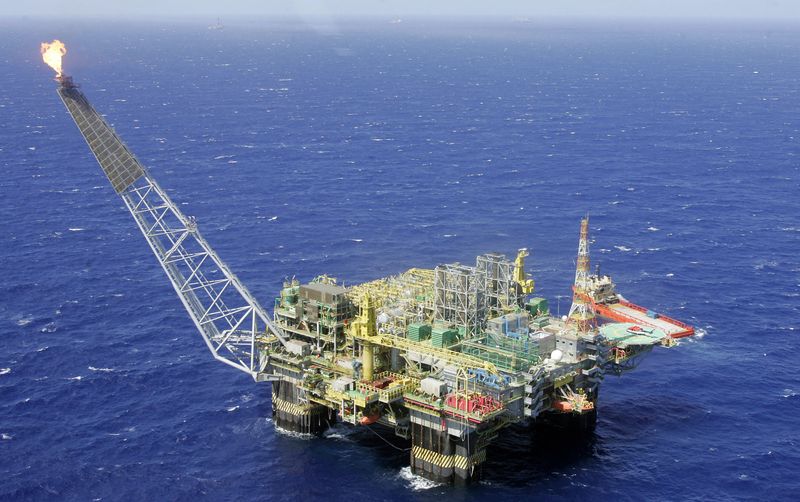Investing.com--Oil prices edged higher Friday, helped by better than expected Chinese economic activity, but were on course for a weekly decline as President Donald Trump called for lower crude prices and US higher energy production.
At 08:35 ET (13:35 GMT), Brent oil futures expiring in March rose 0.5% to $78.70 a barrel, while West Texas Intermediate crude futures gained 0.4% to $74.95 a barrel.
Both contracts were trading around 3% lower this week - their worst performance since November.
PMI data, Fed in focus
Oil markets were helped Friday after data showed that China’s services sector expanded in December at the fastest pace in seven months supported by higher domestic demand.
The Caixin services PMI came in at 52.2 in December, compared to expectations for a print of 51.4. The reading was higher than the 51.5 seen in November, and above the 50 level pointing to expansion.
China is the world's largest importer of crude, and traders are looking for signs that momentum in the Chinese economy carried over from the fourth quarter, following a string of major stimulus measures from Beijing.
China’s Lunar New Year holiday also begins next week, heralding increased fuel demand in the country for travel.
Data out of Europe also helped the tone, after HCOB's preliminary composite eurozone Purchasing Managers' Index, compiled by S&P Global (NYSE:SPGI), rose to 50.2 in January, indicating that eurozone business began the new year with a modest return to growth.
Beyond China, the focus is also on a Federal Reserve meeting next week, where the central bank is widely expected to keep interest rates steady after cutting them by 1% through 2024.
Oil battered by Trump energy policies
Oil prices have been dented this week by Trump calling for increased energy production in the U.S., with the President declaring a national emergency over the matter.
Trump signed an executive order calling for increased US oil production, while also scaling back certain climate-related restrictions on the energy sector.
Additionally, Trump called on Saudi Arabia and the Organization of Petroleum Exporting Countries to lower oil prices, sparking further losses in crude markets.
"President Trump was very vocal about OPEC needing to pump more oil," said analysts at ING, in a note. "However, with Russia becoming increasingly more aligned with OPEC members through the OPEC+ alliance, as well as higher fiscal breakeven oil prices for key members, it will be no easy task to convince OPEC to increase output."
Speaking on a panel at the World Economic Forum in Davos on Friday, Saudi Arabia's Economy Minister Faisal al-Ibrahim said Saudi Arabia and OPEC's position is for long-term oil market stability.
(Ambar Warrick contributed to this article.)
